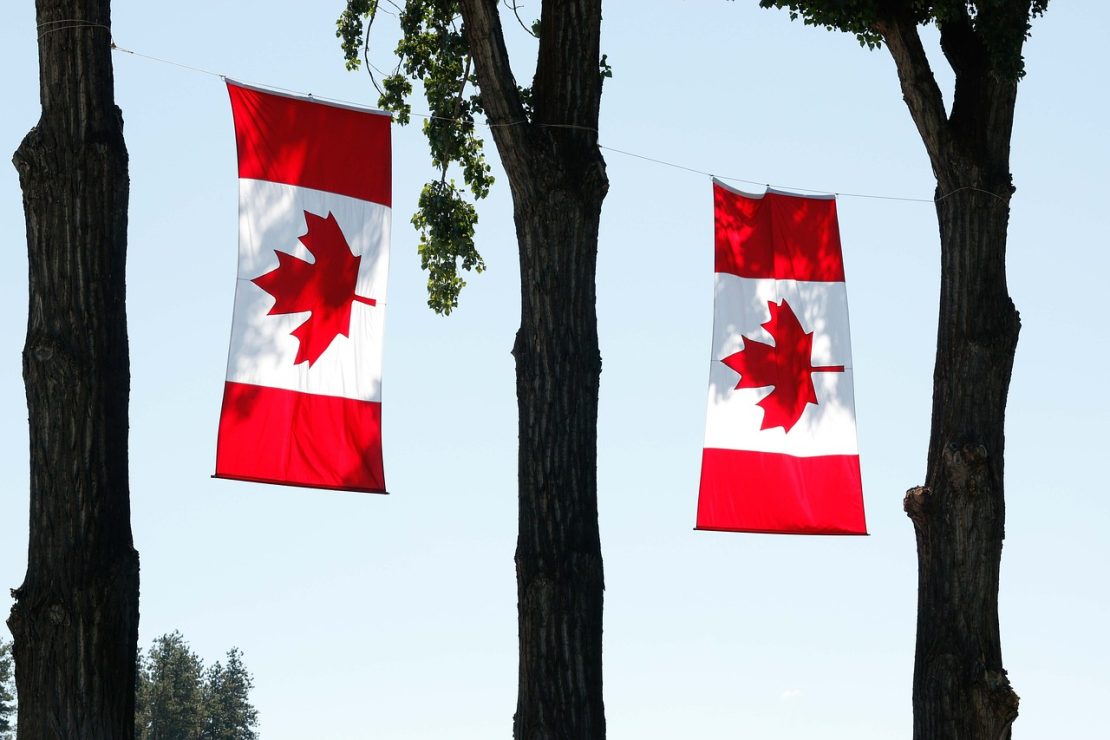Now is the time for other religious events to become statutory holidays

Stock photo by Keith Johnston via Pixabay.
Canada, “the True North strong and free.” This is a key component of this country’s national anthem. However, is this multicultural state, enshrined in outmoded law, truly free for all? Unfortunately, the inequity displayed in our statutory holiday system contradicts the notion that Canada is free and fair.
Under section 2(a) of the Charter of Rights and Freedoms, a crucial feature of Canada’s constitution, there is freedom of religion in Canada. Yet, the Canadian government’s commitment to this principle is at times doubtful, as only Christian holidays have statutory status.
With the exception of Christmas, Easter, and Good Friday, — of which the former two of which have arguably become secularized — every other statutory holiday in Canada is non-religious. However, if Christmas, a traditional religious holiday in the eyes of some, has statutory status, then Eid, Vaisakhi, Diwali, and Hanukkah should have the same right. If this reform is being executed, then Canada will edge closer to a true multicultural country.
Nonetheless, the reality of the situation is different, as the B.C. and federal governments wrongfully do not recognize these significant events as public holidays. Now is the time that all levels of Canadian government embrace the aforementioned religious occasions as national holidays, for the sake of the burgeoning immigrant population in Canada.
The Pennsylvanian legislature has started the process of making Eid and Diwali state public holidays. The Canadian and B.C. government should take a page from their book.
According to 2021 census data published by Statistics Canada, Canada’s Muslim, Sikh, and Hindu groups have more than doubled in the past two decades. As the data suggests, with immigration on the rise in Canada, especially from global south countries, these numbers are expected to grow even more in the ensuing years.
Keeping this information in mind, the government should act in a proactive and prudent manner by making other religious holidays statutory holidays as well. In my opinion, implementing this new policy will make Canada even more welcoming than it already is with their current open immigration stance, thus solidifying their claim as an open, inclusive, and equitable society.
As the above-mentioned religious occasions are not statutory holidays in Canada, people who work have to request the day or days off from their employer; thus, creating an awkward situation between the employee and employer. The same situation concerns students.
According to Ontario’s Human Rights Commission, it is the employer’s duty to provide separate paid time off for religious holidays to employees. Human rights commissions of other Canadian provinces agree with this statement. Although helpful and noteworthy, this interpretation of the Human Rights Code is not enough. An amendment to the statutory holiday system of Canada is essential to accommodate the religious needs of Muslims, Sikhs, Hindus, Jews, etc.
As a Muslim who has been living in Canada for the past four years, many times I have yearned for both Eid-al-Fitr and Eid-al-Adha to become public holidays in this so-called multicultural country.
For those who are not aware, there are two Eids in Islam. Eid-al-Fitr marks the start of the Islamic holy month of Shawwal and the end of the month of fasting, Ramadan. As for Eid-al-Adha, it is celebrated right after the Islamic holy pilgrimage to Saudi Arabia, Hajj, and commemorates the devotion of Prophet Ibrahim (also known as Abraham) to Allah (God). Traditionally, both Eids are celebrated over the course of three days. Also, it is common to pay charity during both of them.
These two religious events, celebrated by Muslims, are considered equivalent to Christmas, to put things into perspective; that is how important these events are for the Muslim community. If we are unable to observe them due to work or school, there is a void in our lives. This is exactly what I experienced not so long ago.
Imagine yourself as a devout Muslim for a split second. You had to miss Eid-al-Fitr or Eid-al-Adha because of university, school exams, or other work obligations. You would be heartbroken, torn apart, would you not? That is exactly how I felt when Eid-al-Fitr coincided with my final exams back in April at UVic. Both Eids being under the statutory holiday category would have prevented this awful feeling.
Working individuals, students, and religious devotees who are not Christians should have every right to attend or celebrate their own religion’s holiday without having to inform anyone of higher authority. Statutory holiday status would guarantee this freedom, bringing Canada a step closer to becoming a “True North strong and free” state.







